Planet Connections Theatre Festivity is New York City’s premiere eco-friendly theatre festival, connecting artists and audiences with diverse dynamic charitable organizations.
The Planet Connections experience entertains, enlightens and informs.
We at The Happiest Medium are proud sponsors of The Planet Connections Festival, and therefore would like to kick off the celebration with some thoughtful Q&As which we’ll be running every day until the festival begins on June 3rd.
Anne Jordanova, Antonio Miniño, Diánna Martin, Karen Tortora-Lee, Sarah V. Schweig and Stephen Tortora-Lee all got in on the act – each with a question for all the participants.
Kicking off our Q&A we have Laurie Deacon and the Night Caller and DIG & BE DUG: The Gospel of Lord Buckley.
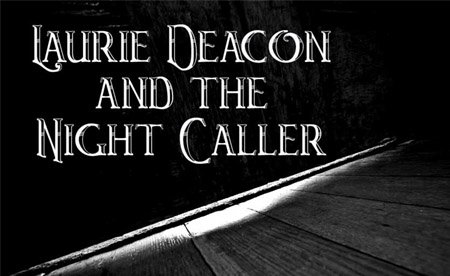
Laurie Deacon and the Night Caller
answers by Sean Gill
Here’s Antonio’s question -
If you would have to single out a quality between dialogue, plot or character, which one is the strongest in your play/piece, and why?
There are certainly some truly bizarre occurrences and narrative contortions within Laurie Deacon’s universe, but in the end, it all comes back to the characters. I sincerely care about this anguished little crew, perhaps even more so than in my previous works. Their journey was mine- to the extent that in the whirlwind of the writing process, I, like my characters, didn’t even know what would happen next. It simply poured out. And when it was done, I saw some weird ring of truth in it. It’s not even something that I would take credit for, it’s something that simply emerged. So, yes, I’m very passionate about these characters.
Here’s Karen’s question -
What has been the most surprising or unexpected thing that’s happened during this play? Did that wind up taking the play in a new direction?
I originally wrote, in a concentrated burst, what I believed would be the play’s first act almost three years ago. It centered around what we’ll call a slow, natural build toward a supernatural happening. Then, just a few months ago, I picked it up again and realized quite clearly that it was the middle part of a much larger story. Out of context, said happening sounds particularly damning and utterly ridiculous, but when the actual circumstances are unveiled, I would hope that it strikes an audience as realistic, or at least reasonable.
Here’s Anne’s question -
What do you think is the central theme and reason this play was conceived?
One could say that it’s about victimhood, bodily imprisonment, or the animal within. I’ll say that it’s about the union of like minds in an oblivious world.
Here’s Stephen’s Question -
Why should the audience (we) go to your play? What will the audience learn about the “human condition” by going to your play?
You peer down an alley and see the old monkey and organ-grinder routine, except the monkey- a real monkey- is dressed as a man, and the man’s dressed as a monkey, cymbals and a little hat and everything. There’s something perverse about it. The monkey’s in total control, slowly ratcheting the music box. The man’s slobbering on himself, he’s dancing, he’s clanging the cymbals. What are you taking away from that? Is it a tragedy to you? A comedy? A romance? A freak show? I’d suspect that you’d learn less about the human condition, and more about yourself.
Here’s Sarah’s Question -
What is your favorite line from the play?
“Why would a job at the Zoo be off the books? Now a restaurant job, that makes sense. That would make sense. But an under-the-table job at the ZOO?! I think that’s about the scariest thing I have ever heard.”
Here’s Diánna’s Question -
What about this play do you feel most drawn to personally, and because of that, what message do you hope the audience walks away with?
In a world that seems to pendulate between the rational and the irrational, between the mundane and the ineffable- we all embark on a sort of search for identity, as hackneyed as that might sound. Laurie Deacon takes a step back from that. It asks us to scrutinize what arcane, abstract narratives might be etched onto our brain stems and spinal cords- the kinds of primordial mysteries that exist not around us, but within us. We’ll look into that shadowy, cavernous, but intimate realm, and emerge with many wonders, both monstrous and divine.
* * *
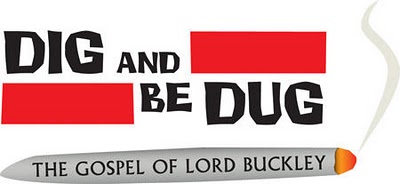
DIG & BE DUG: The Gospel of Lord Buckley
answers by Ryan Knowles
Here’s Antonio’s question -
If you would have to single out a quality between dialogue, plot or character, which one is the strongest in your play/piece, and why?
Dialogue, no question. This show is about the thoughts of Lord Buckley, and the “word beats and wig bubbles” that express them.
Here’s Karen’s question -
What has been the most surprising or unexpected thing that’s happened during this play? Did that wind up taking the play in a new direction?
The show changed entirely during rehearsal. I rewrote most of the show to accommodate a more interactive, engaging and realistic concept.
Here’s Anne’s question -
What do you think is the central theme and reason this play was conceived?
People should worship people. Life should be a team sport. Understanding should flourish. And we should be laughing most of the time.
Here’s Stephen’s Question -
Why should the audience (we) go to your play? What will the audience learn about the “human condition” by going to your play?
Because it’s awesome good fun. And while you’re having fun, your mind will be engaged in lessons of love, tolerance and creativity.
Here’s Sarah’s Question -
What is your favorite line from the play?
“Laugh at terror in such a way that you do not die before you get killed.”
Here’s Dianna’s Question -
What about this play do you feel most drawn to personally, and because of that, what message do you hope the audience walks away with?
This is a play about passion. My passion, the main character’s, and Lord Buckley’s. All are mutually inclusive. I want the audience to gain a similar passion for Lord Buckley’s view of life and art by the time the curtain falls.



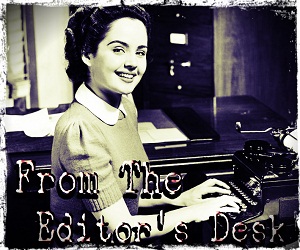

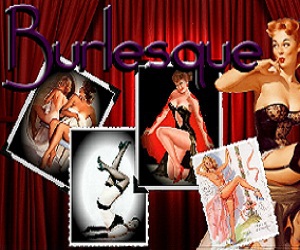

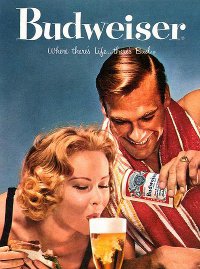
{ 0 comments… add one now }